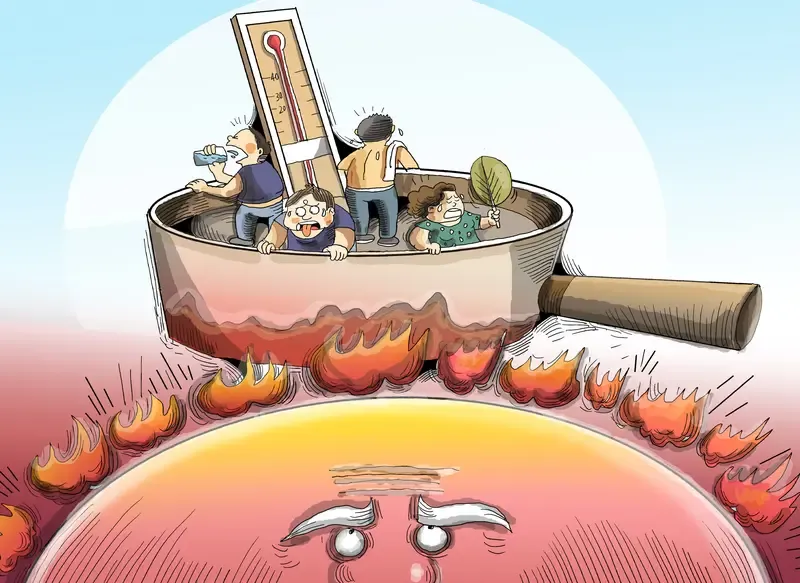2025-06-06
Have you been wondering why it's warming sooner than ever before? Well, you might be imagining it. Specialists are warning the alarm that 2025 could be a record-setting hot year as well. And it's not just a matter of warming up — extreme weather events such as floods, wildfires, and droughts are rising both in quantity and intensity worldwide.
Climate change is not out there anymore — it's arrived, and it's affecting everything from your air conditioning cost to global supply chains. While humans can turn up the AC or hydrate a bit more, governments are moving now more aggressively, and that involves China.

China has not yet implemented full-scale carbon taxes, but do not be deceived — the wheels have already started turning.
China's carbon market, launched in 2021, is extending far beyond the power sector. China has vowed to introduce steel, cement, and aluminum industries in 2024, putting many more firms on the list of companies that will need to come to terms with their emissions. And that ultimately translates to all the more firms paying for carbon emissions.
And of course, there is the People's Republic of China Energy Law, which was enacted officially in January 2025. The law creates China's legal structure for a transition to low-carbon energy and makes it rather clear:
Businesses must monitor and report carbon emissions;
The utilization of renewable energy is encouraged and compelled in specific circumstances;
Public institutions must prioritize green energy.
So, if you’re running a business in China — or trading with one — carbon costs are coming. Maybe not today, but very soon.
For businesses, especially in manufacturing, logistics, or communications infrastructure, the message is simple: don’t wait until it’s mandatory — prepare now. Here’s how:
You can't manage what you can't measure. Start by installing carbon monitoring equipment and a simple data management system. Get to know your figures — by year, by month, even by day. It will help you plan smarter and stay compliant as regulations get tighter.
China's carbon market, or ETS, and the green electricity certificate market are evolving fast. Being an early adopter gives you the freedom — and potentially the financial savings — to let the markets evolve. You can also meet voluntary or mandatory sustainability requirements using green credits.
Switching to solar, purchasing energy storage systems, and upgrading equipment with low-emission types can be a big difference maker. You not only end up saving on electricity bills in the long run, but your carbon footprint reduces, which may mean lower carbon costs — or more credits to sell.
Bottom Line
Yes, the planet is heating up. But more importantly, the policy terrain is heating up too. Businesses that make carbon serious today won't just sidestep likely fines in the future — they'll actually gain a real competitive edge.
Get a handle on your emissions.
Invest in green technology.
Get ahead of the rules.
Because going green isn't just good for the planet — it's good business.